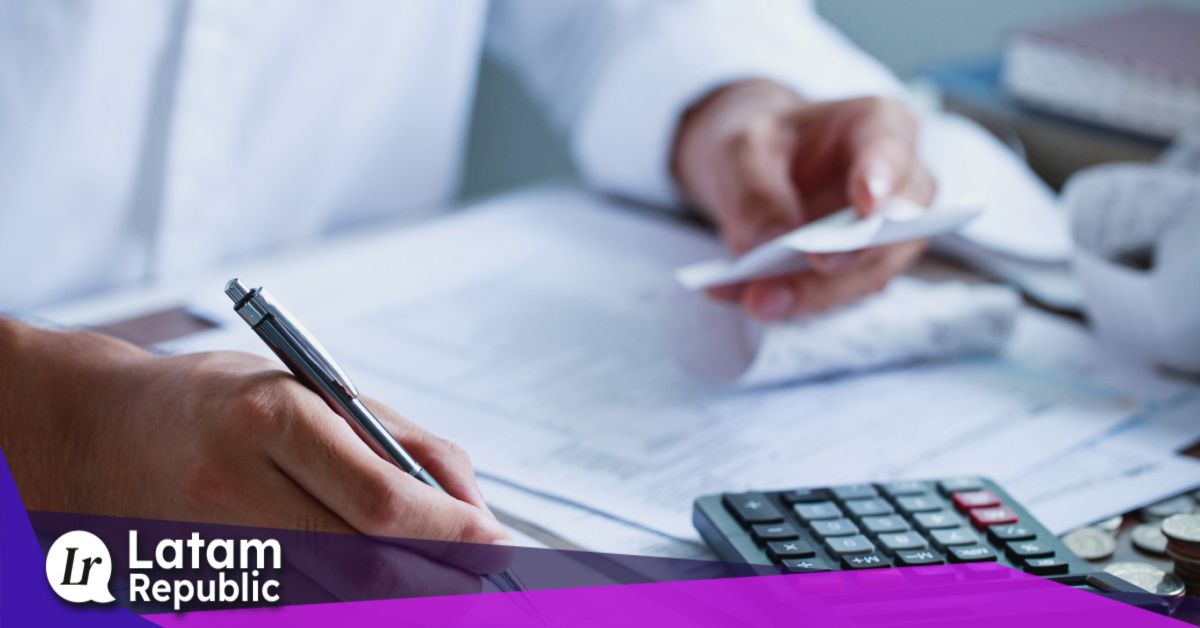How Colombian Startups in Special Jurisdictions Handle Tax Payments

Startups are constantly looking for ways to optimize their tax burden, and to do so, many of them turn to special jurisdictions like Delaware, the Cayman Islands, and Luxembourg. These places have become popular with start-ups, due to the regulatory advantages they offer, as well as the tax benefits and ease of raising capital.
The Strategic Factors Behind Startup's Choice of Special Jurisdictions
When it comes to choosing these special jurisdictions, startups consider several important factors. First, favorable tax regulations are key, as it allows them to reduce the tax burden. In addition, they seek political and economic stability, as well as confidentiality and privacy for their operations.
According to Santiago Rojas, CEO of Cube Ventures, a Venture Capital firm that accelerates early-stage tech startups in Latin America, there is common and widespread use of these trusted jurisdictions by international investors in the capital market and, especially, in the field of startups. These investors seek structures that allow them to manage their resources effectively and optimize their tax burden.
It is important to note that although we are all required to pay taxes when we receive income and use it, startups seek to take full advantage of tax advantages while their capital is invested or reinvested. Therefore, jurisdictions such as Delaware, the Cayman Islands, and Luxembourg are particularly attractive, as they generally do not impose income or income taxes, making them tax-efficient options.
Colombian Startups and Taxation: Navigating the Regulatory Framework
In the specific case of Colombia, there is no special tax category for startups. This is because these digital companies are engaged in a wide range of economic activities and are registered in the Single Tax Registry (RUT) with similar activities.
Regarding the collection of the year in Colombia, in the last year tax revenues of $228.60 billion were reached, which represents an increase of 31.5% compared to the previous year and exceeded the goal established by almost $13 billion. , according to data from the Directorate of National Taxes and Customs (Dian).
In relation to Colombian startups established in special jurisdictions such as the Cayman Islands, the Dian (National Tax and Customs Directorate) stated that any taxpayer who obtains income from Colombian sources must pay taxes in accordance with current regulations. This applies both to companies established in the Cayman Islands, such as Merqueo, and to other jurisdictions popular with startups, such as Delaware, where Rappi is domiciled.

Tax Implications for Startups
The Dian also clarified that there are no special or differentiated treatments in terms of income, sales or consumption taxes for taxpayers who are starting their economic activity, including startups. Consequently, these companies are subject to the general tax rules that apply to any type of company.
Regarding the wealth tax, Dian explained that startup partners may be subject to this tax. As established in Law 2277 of 2022, natural persons with assets greater than 72,000 UVT (approximately $3,053,000,000) will be subject to this tax as of 2023.
It is important to highlight that shareholders and natural persons subject to wealth tax, by including the tax cost of shares or social interest quotas of startups, must comply with the requirements established in paragraph 4 of article 295-3 of the Tax Statute. These requirements include that the company is an innovative start-up company, that it has received a minimum investment and that it has not had net taxable income in the previous year.
Exploring Tax Optimization: Key Jurisdictions for Startups
Startups are constantly looking for ways to optimize their tax burden and find special jurisdictions such as Delaware, the Cayman Islands and Luxembourg to be attractive options due to the tax benefits they offer. It must be taken into account that this special treatment will be used for a period of 4 years from the moment the investment is received, as long as all the essential requirements are met.
In Colombia, startups are subject to the general tax rules, and there are no special treatments for this type of company. However, shareholders and natural persons may be subject to wealth tax, depending on their individual wealth. It is essential that companies and investors are aware of tax regulations and consult subject matter experts to ensure they comply with their tax obligations.
